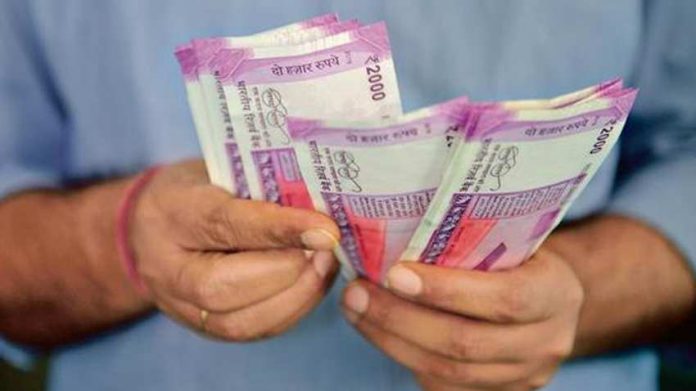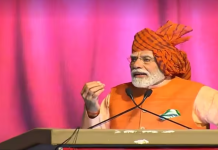The Supreme Court has recently has delivered a landmark decision on the allowances which need to be taken into account while determining the contribution under the Employee Provident Fund Scheme, which has huge implications on the employees of the private sector. Here’s the implications of the Supreme Court decision.
SC upholds ruling that PF should be calculated on allowances too
If the employer chooses to pass on the cost to you, a larger part of your CTC will go towards EPF deduction
Under the Employee Provident Fund (EPF) an employer has to deduct 12 per cent of the basic salary and dearness allowance from the salary of the employee and match the same with an own equal contribution.
The Supreme Court has ruled on 28 February, 2019 in favour of the Regional Provident Fund Commissioners by concluding that allowances in question such as special, conveyance, education, canteen, medical, etc, paid to employees, are required to be treated as wages for the purpose of PF unless such payment.
The provisions of EPF apply mandatorily to all employees drawing less than Rs 15,000 monthly emoluments. For threshold limit of Rs 15,000, basic pay and dearness allowances are only considered. The employees drawing more than this threshold salary have an option to opt out of the scheme at the time of joining the establishment. Once you join the scheme, you have to remain in the scheme as long you are working with the present employer.
In case your salary exceeds the threshold limit of Rs 15,000, your employer has two options. Either he can deduct and contribute @ 12 per cent on the base amount of Rs 15,000 or do it on the entire salary and dearness allowance.
Going by the proverb “one in hand is better than two in bush” majority of the employees perceive “in hand cash salary” only as salary, and the provident fund deductions/contributions are not perceived as part of the salary. So employers are forced to pay the employees in the form of various allowances to ensure that the employees get highest “in hand cash salary”. Such allowances may take various forms like canteen allowance, conveyance allowance, lunch allowance, house rent allowance, special allowance etc. The Scheme itself excludes, from salary the amount of cash value of food concession as well as HRA for PF deduction.
What is the Supreme Court decision
There is no dispute as regards the basic salary but amount of allowances paid by the employer have always been subject matter of litigation between the employers and the PF authorities. The matter seems to have been set to rest by a Supreme Court decision delivered on February 28, 2019. The Supreme Court while dealing with various petitions and appeals filed before it, considered the legal provisions, the purpose of the legislation on PF. It also considered some of its earlier decisions. It then laid down the “rule of universality” to the allowances to be considered for PF deduction. If an allowance is universally paid by various employers or is paid to all the employees of an establishment without any reference to the quantum of efforts put in by the employee or the quantum of the output, the allowance is to be considered as part of salary/dearness allowance and needs to be included for the purpose of PF deduction. So overtime allowance, bonus, commission or any other similar allowance payable to the employee in respect of his employment or work done in such employment shall stand excluded. Likewise, any allowance which may vary between individuals according to their efficiency and diligence will stand excluded from the term “basic wages” for this purpose.
The court held that any allowance which are essentially a part of the basic wage but camouflaged as an allowance to avoid deduction and contribution has to be treated as basic salary or dearness allowance for the purpose of PF deduction and contribution.
Implication of the decision
The decision will have wider implications depending on individual situation. For those employed in lower scale of emoluments where amount considered for PF contribution is lower than Rs 15,000 and who receive such universal allowance, not linked to efficiently, will get lower “in hand salary” as the employer is bound to take into account such allowances while deducting PF deduction. The employer also will have to shell out more money in the form of employer’s contribution. Such employees will be able to accumulate larger corpus in their provident fund account at the time of their retirement.
For employees receiving higher salary with allowances but contributing on threshold limit will not be affected by this Supreme Court decision. However, for employees in higher salary bracket, whose contribution is computed with reference to such higher amount of salary, the contribution toward provident fund will go up if they are in receipt of such allowance not considered hitherto for PF contribution.
So in case your Cost to the Company (CTC) includes the employer’s contribution the amount of contribution is going to go up due to Supreme Court decision as discussed, your in hand will reduce substantially due to increase in deduction from your salary as well as your salary coming down to make for increased quantum of employer’s contribution.















